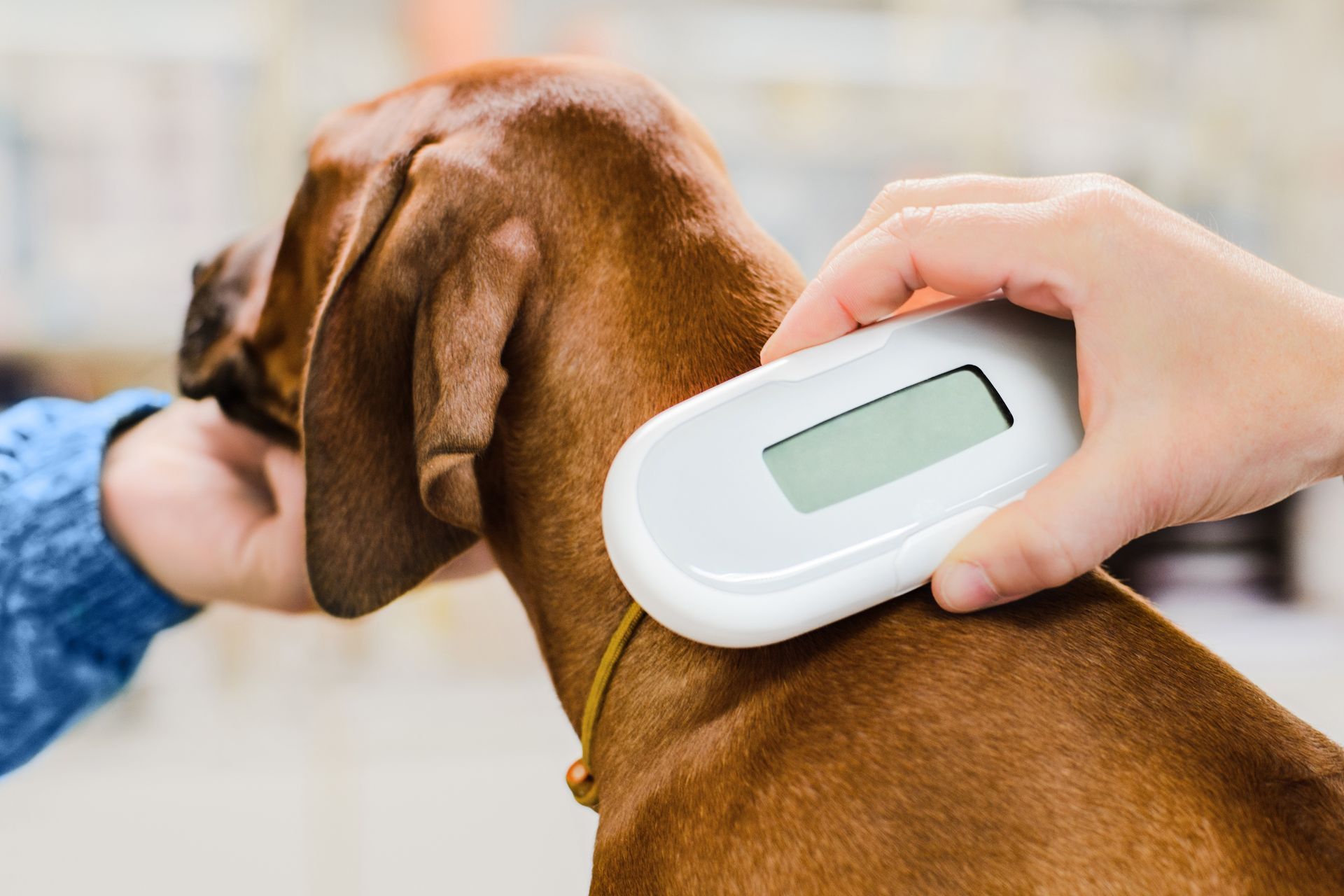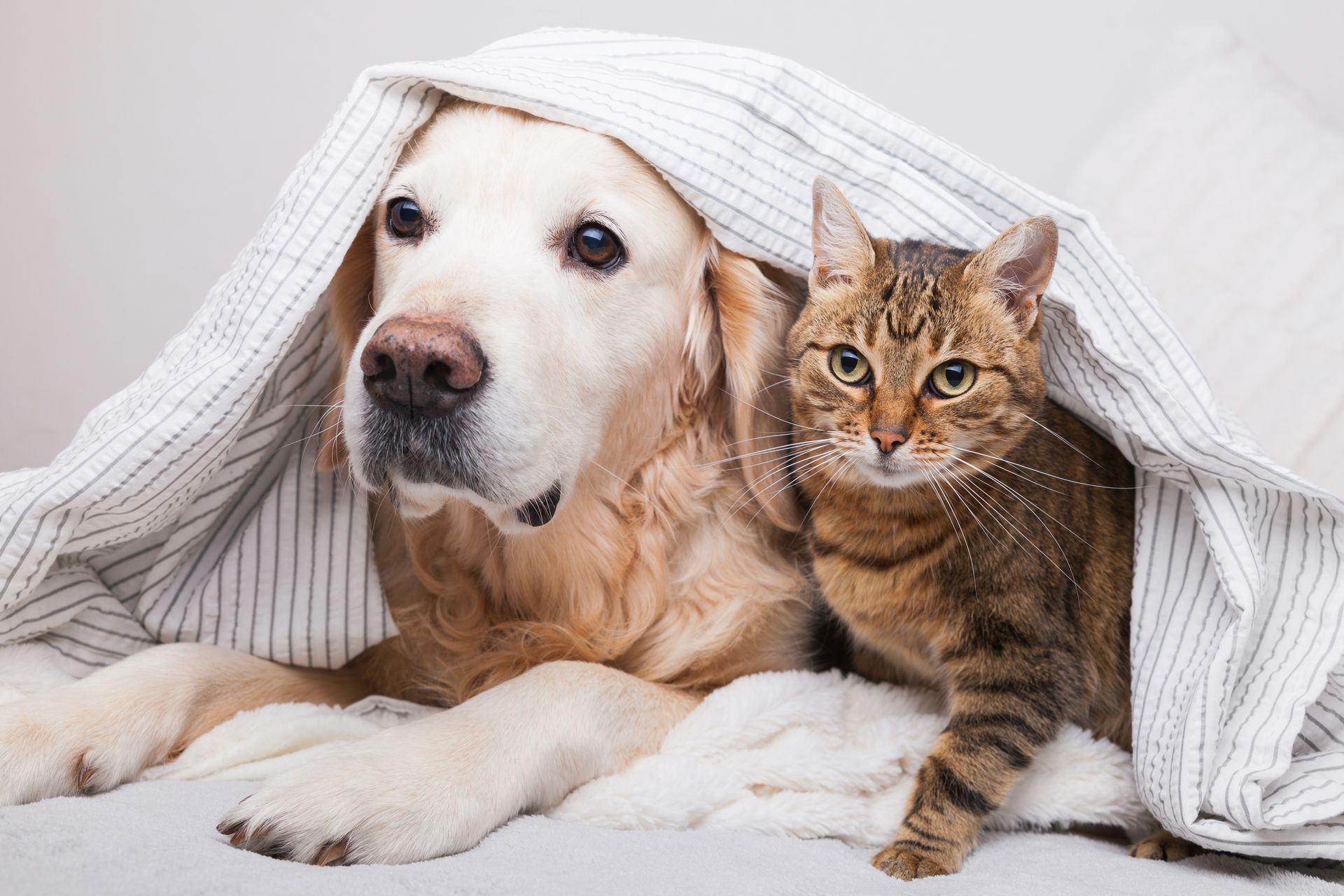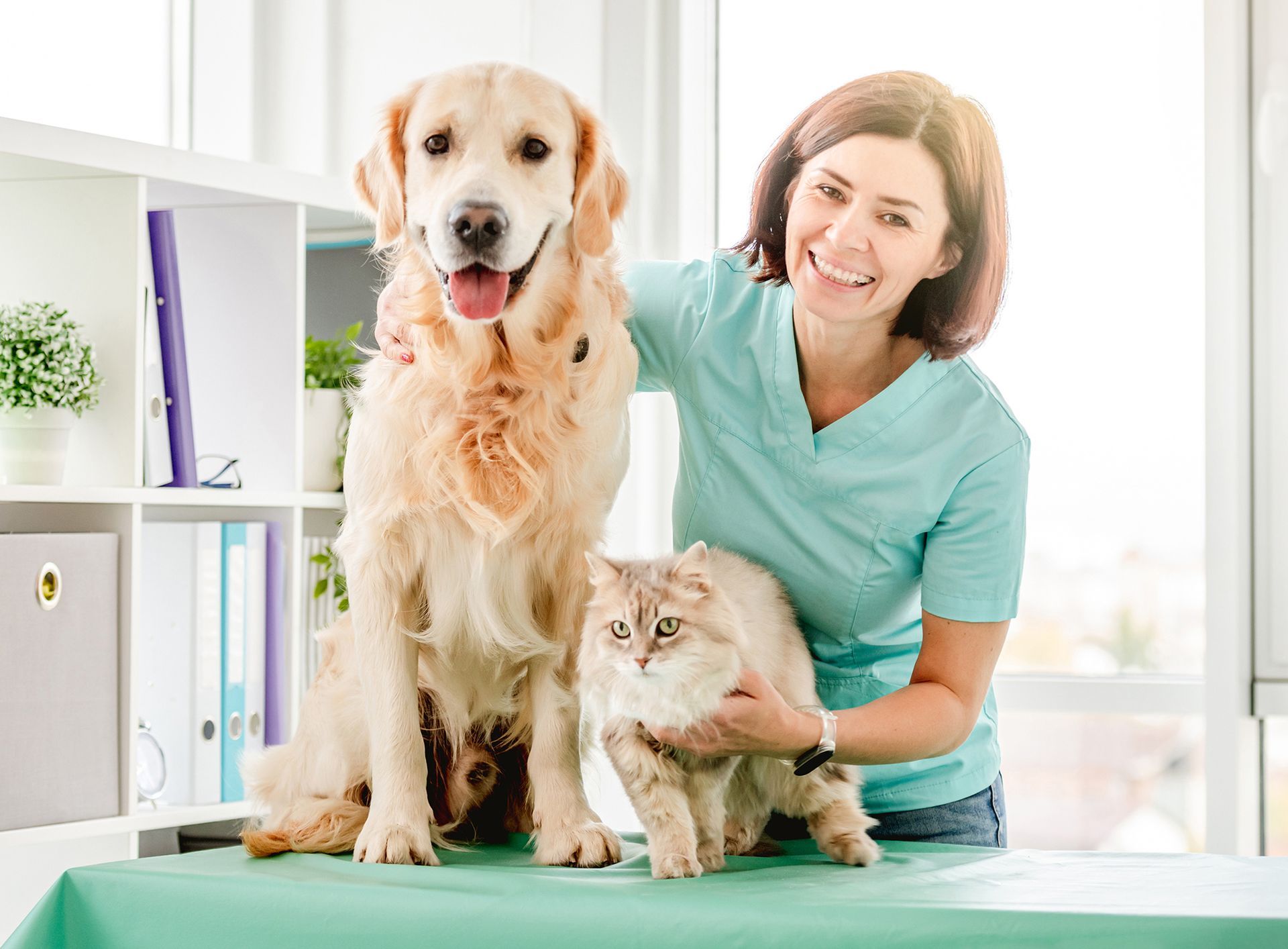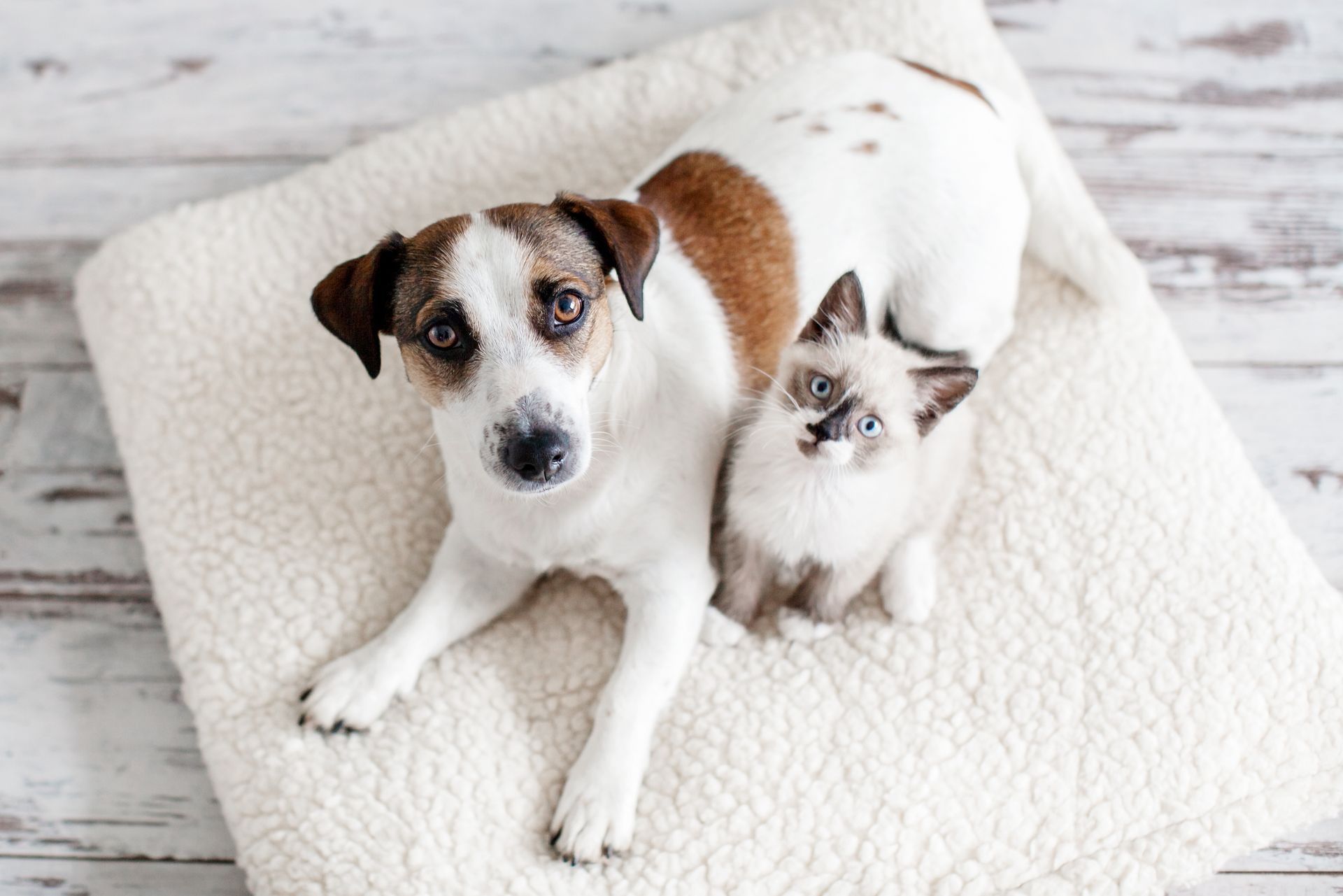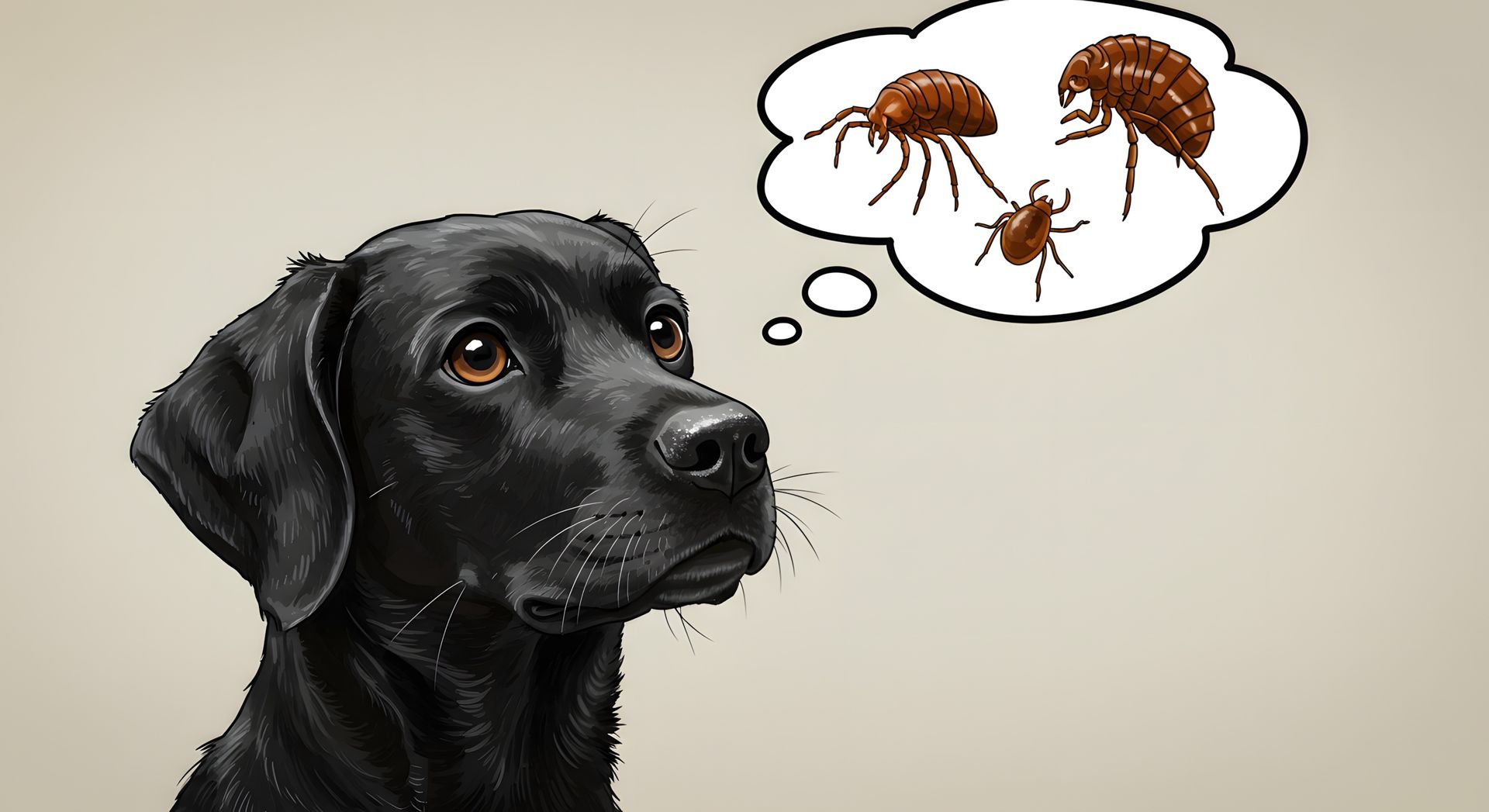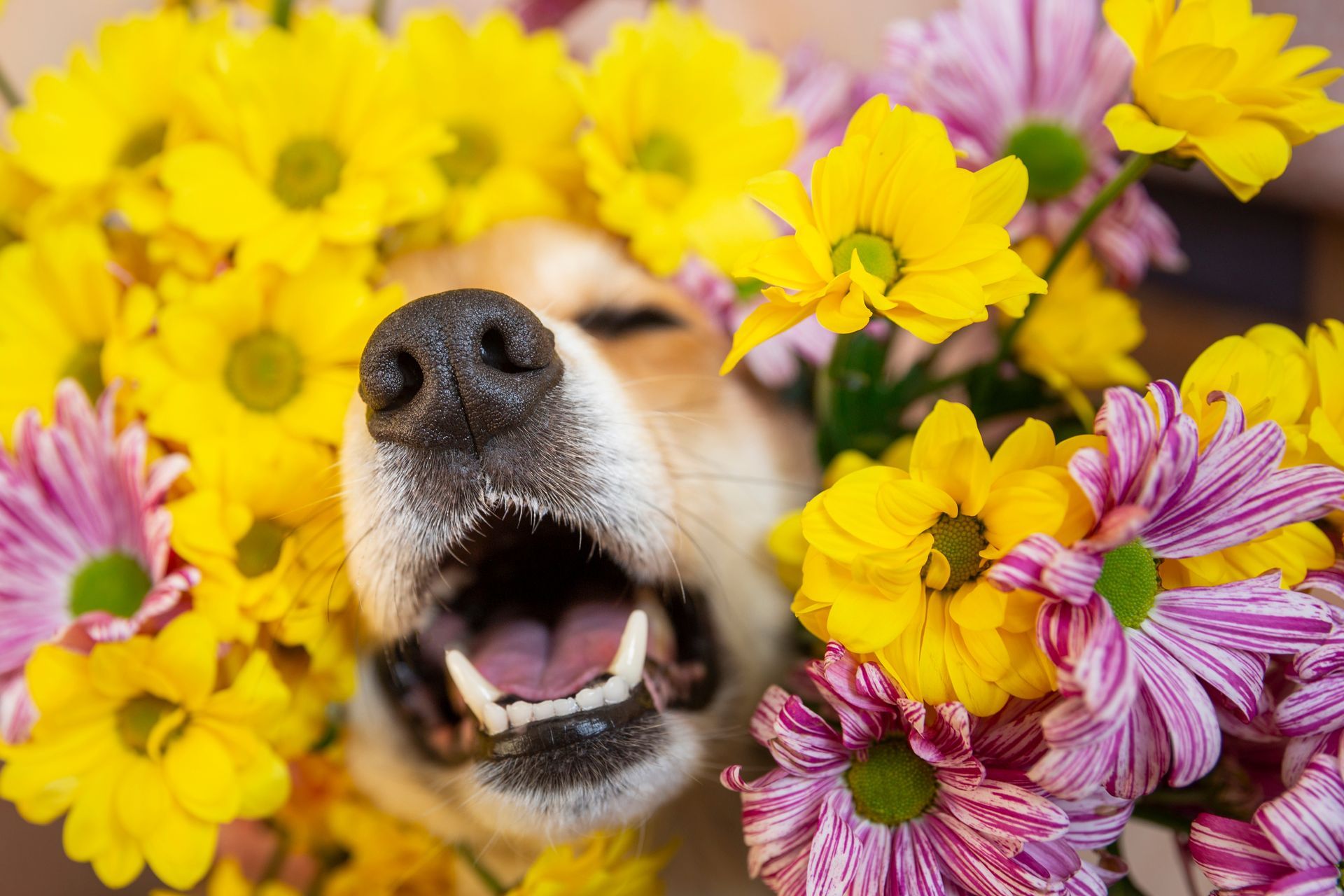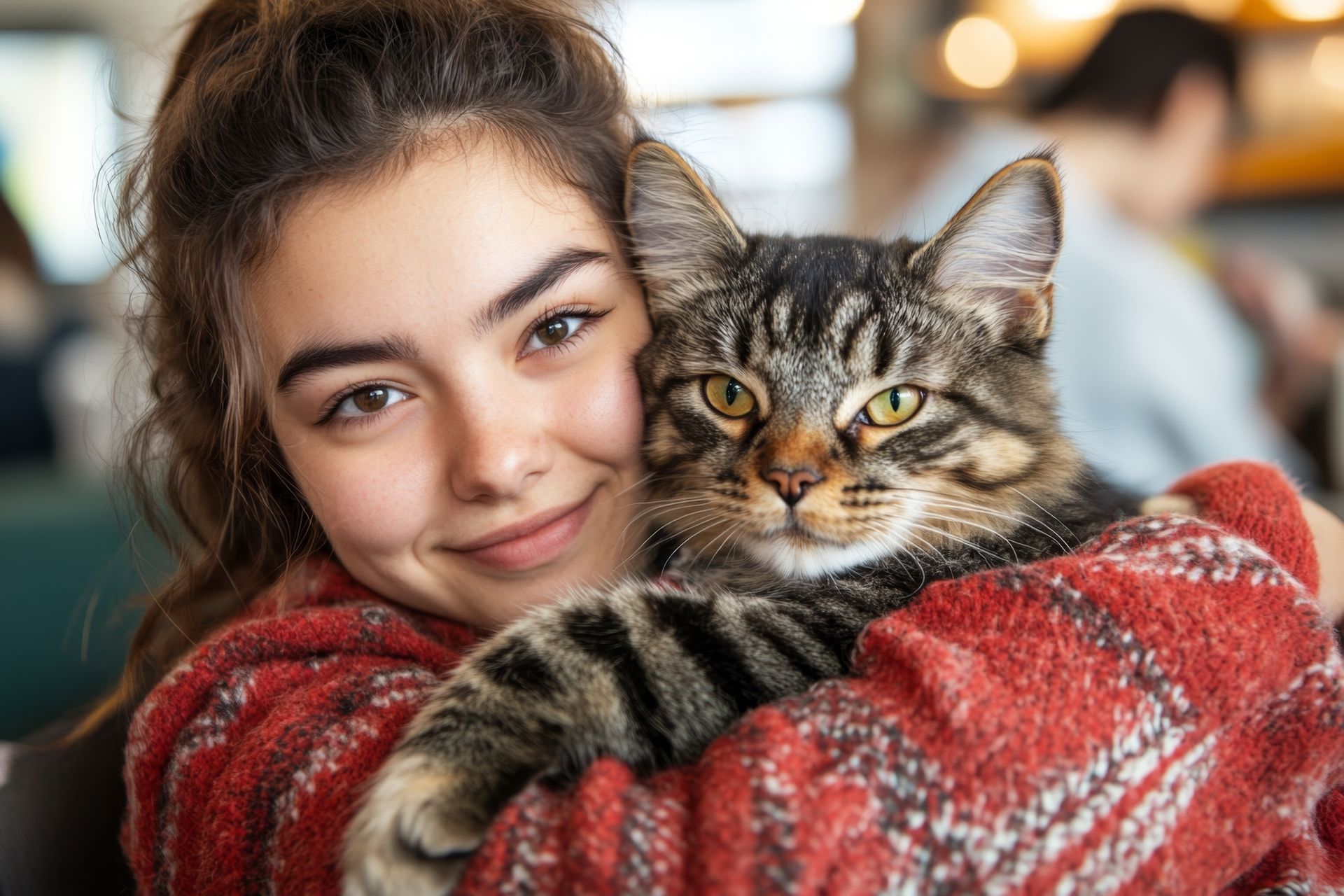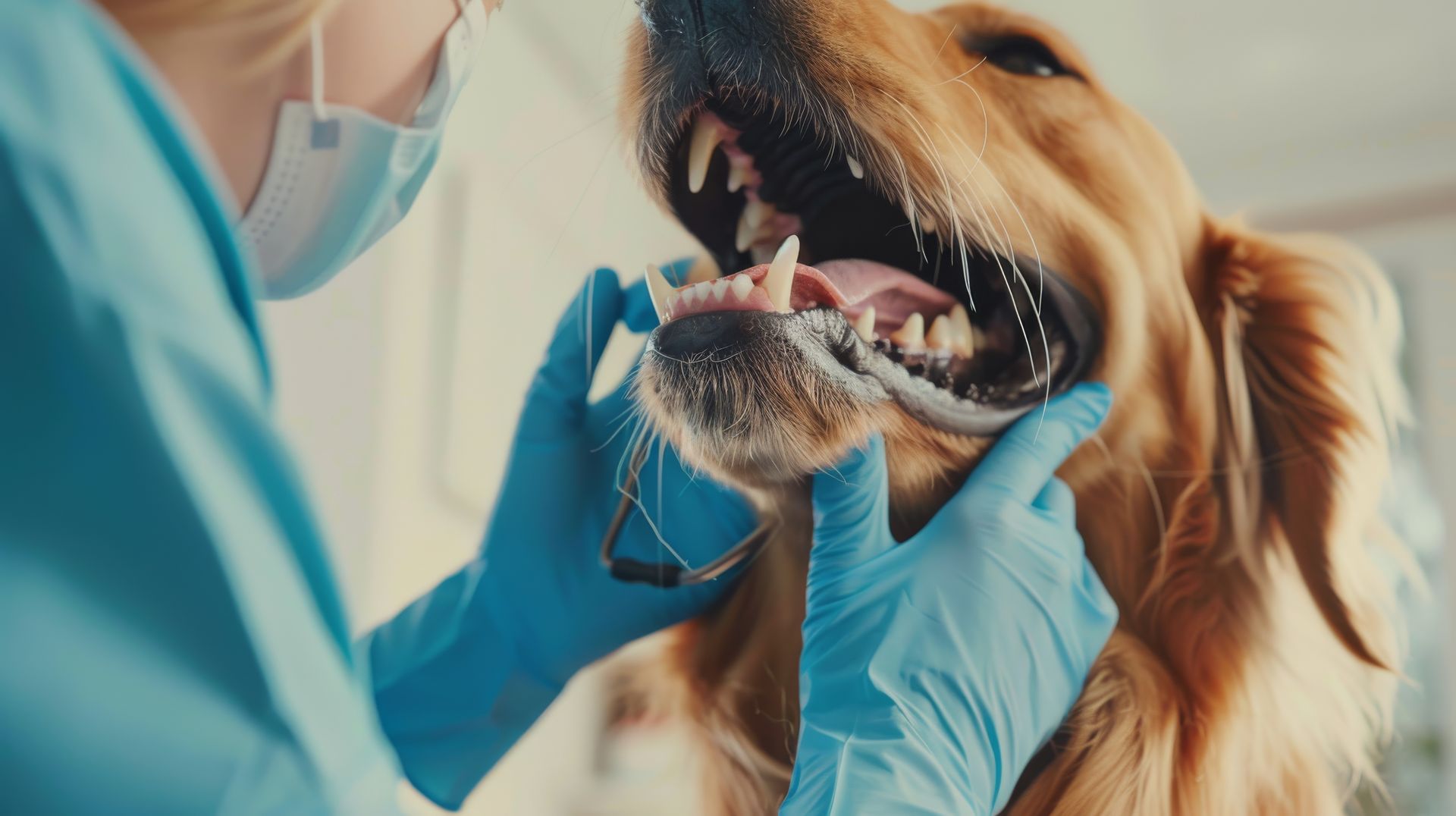Pet Hydration Awareness
As the summer heat intensifies, it's crucial to prioritize the hydration needs of your pets. Just like humans, pets are susceptible to dehydration, which can lead to serious health issues. At Castle Hills Animal Hospital in Texas, we understand the importance of keeping pets hydrated during the hot summer months. In this blog, we'll highlight the significance of proper hydration, signs of dehydration, and practical tips to ensure your pets drink enough water to stay healthy and happy.
The Importance of Keeping Pets Hydrated
Water is essential for all living beings, and pets are no exception. Proper hydration helps regulate body temperature, aids in digestion, supports organ function, and promotes overall well-being. During the summer, pets are at a higher risk of dehydration due to increased temperatures and more time spent outdoors. Ensuring your pets have access to fresh, clean water at all times is vital for their health and comfort.
Signs of Dehydration in Pets
Recognizing the signs of dehydration in pets can help you take prompt action to rehydrate them. Here are some common symptoms to watch for:
1. Lethargy and Weakness
Dehydrated pets often exhibit low energy levels and may seem unusually tired or weak. If your pet is less active than usual or appears sluggish, dehydration could be the cause.
2. Dry Nose and Gums
A healthy pet should have a moist nose and pink, moist gums. Dry, tacky gums and a dry nose are indicators of dehydration. Check your pet's mouth regularly for these signs.
3. Loss of Appetite
Dehydration can lead to a decreased appetite in pets. If your pet is not interested in food or is eating less than usual, it could be due to inadequate water intake.
4. Panting and Rapid Breathing
While panting is normal for dogs, excessive panting and rapid breathing can be signs of dehydration. Cats, on the other hand, should not pant, so any panting in cats is a red flag.
5. Sunken Eyes
Dehydration can cause the eyes to appear sunken or dull. Check your pet's eyes for any changes in appearance.
6. Skin Elasticity
A simple skin elasticity test can help determine dehydration. Gently pinch the skin on the back of your pet's neck. If the skin doesn't snap back quickly, it may be a sign of dehydration.
7. Dark Urine
Dark yellow or orange urine is a common sign of dehydration. Monitor your pet's urine color and frequency to ensure they are properly hydrated.
Tips to Ensure Your Pets Drink Enough Water
Ensuring your pets stay hydrated requires some proactive measures, especially during the hot summer months. Here are some effective tips to help your pets drink enough water:
1. Provide Fresh Water at All Times
Always ensure your pets have access to fresh, clean water. Refill their water bowls regularly and clean the bowls daily to prevent bacteria buildup.
2. Use Multiple Water Bowls
Place water bowls in various locations around your home and yard. This makes it convenient for your pets to access water, especially if they spend time in different areas.
3. Offer Ice Cubes
Many pets enjoy playing with and licking ice cubes. Adding ice cubes to their water bowl can make drinking water more appealing and help keep the water cool.
4. Flavor the Water
Some pets may be more inclined to drink water if it's flavored. Adding a small amount of low-sodium chicken broth or tuna juice to the water can entice them to drink more.
5. Monitor Water Intake
Keep track of how much water your pets are drinking. This can help you identify any changes in their hydration levels and take action if needed.
6. Feed Moisture-Rich Foods
Incorporate moisture-rich foods into your pet's diet. Wet cat food, dog food with high water content, and fresh fruits and vegetables can help increase their overall water intake.
7. Use a Pet Fountain
Pet fountains provide a continuous flow of fresh water, which can be more appealing to pets than stagnant water in a bowl. Many pets are attracted to the movement and sound of flowing water.
8. Create a Shaded Rest Area
Ensure your pets have a shaded area where they can rest and cool down. Heat can exacerbate dehydration, so providing a cool, comfortable spot is essential.
9. Limit Outdoor Time During Peak Heat
Avoid taking your pets outside during the hottest parts of the day, typically between 10 a.m. and 4 p.m. Instead, opt for early morning or late evening walks when temperatures are cooler.
10. Hydrate During Exercise
If you're engaging in outdoor activities with your pets, such as hiking or playing fetch, bring along water and a portable bowl. Offer water breaks frequently to keep them hydrated.
Special Considerations for Different Pets
Different pets have unique hydration needs. Here are some considerations for various types of pets:
1. Dogs
- Breeds with Short Snouts: Breeds like Bulldogs, Pugs, and Boxers are more prone to overheating and dehydration due to their short snouts. Pay extra attention to their hydration needs.
- Active Dogs: Dogs that are very active or working dogs need more water to stay hydrated. Ensure they have plenty of water before, during, and after activities.
2. Cats
- Indoor Cats: Indoor cats may be less inclined to drink water. Encourage them by placing water bowls in quiet, easily accessible locations.
- Senior Cats: Older cats may have a reduced sense of thirst. Monitor their water intake closely and consider adding wet food to their diet.
3. Small Pets
- Rabbits, Guinea Pigs, and Hamsters: These small pets also need access to fresh water at all times. Use water bottles designed for their cages and check them regularly to ensure they are functioning properly.
- Birds: Birds can become dehydrated quickly in hot weather. Provide fresh water daily and mist them with water to help them cool down.
Keeping your pets hydrated during the hot summer months is essential for their health and well-being. By recognizing the signs of dehydration and implementing these practical tips, you can ensure your pets stay hydrated and happy. At Castle Hills Animal Hospital, we are dedicated to providing the best care for your pets. If you have any concerns about your pet's hydration or overall health, don't hesitate to
contact us for advice and support.

